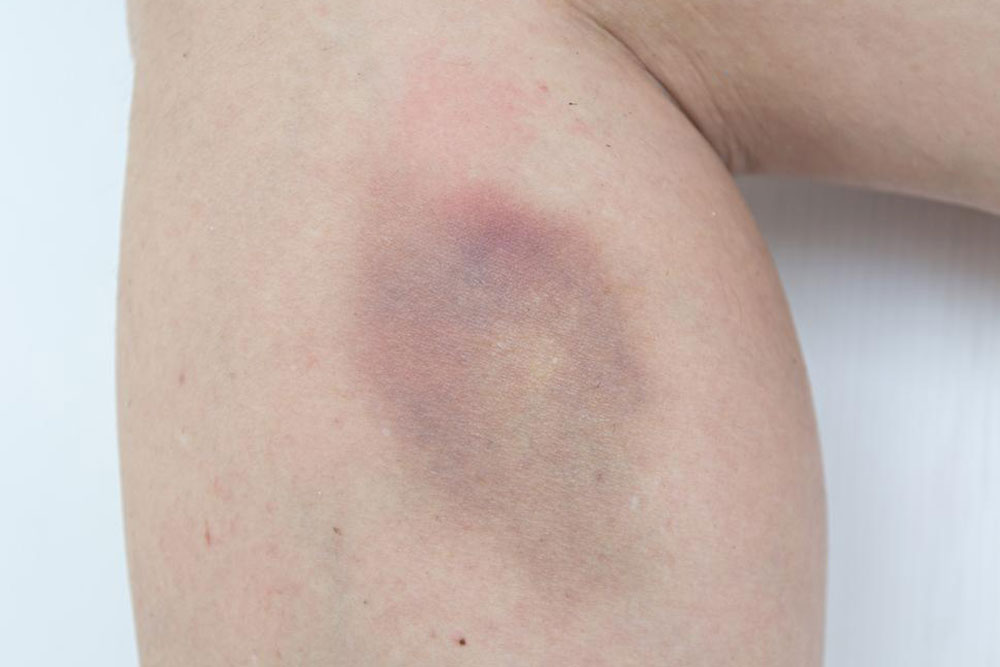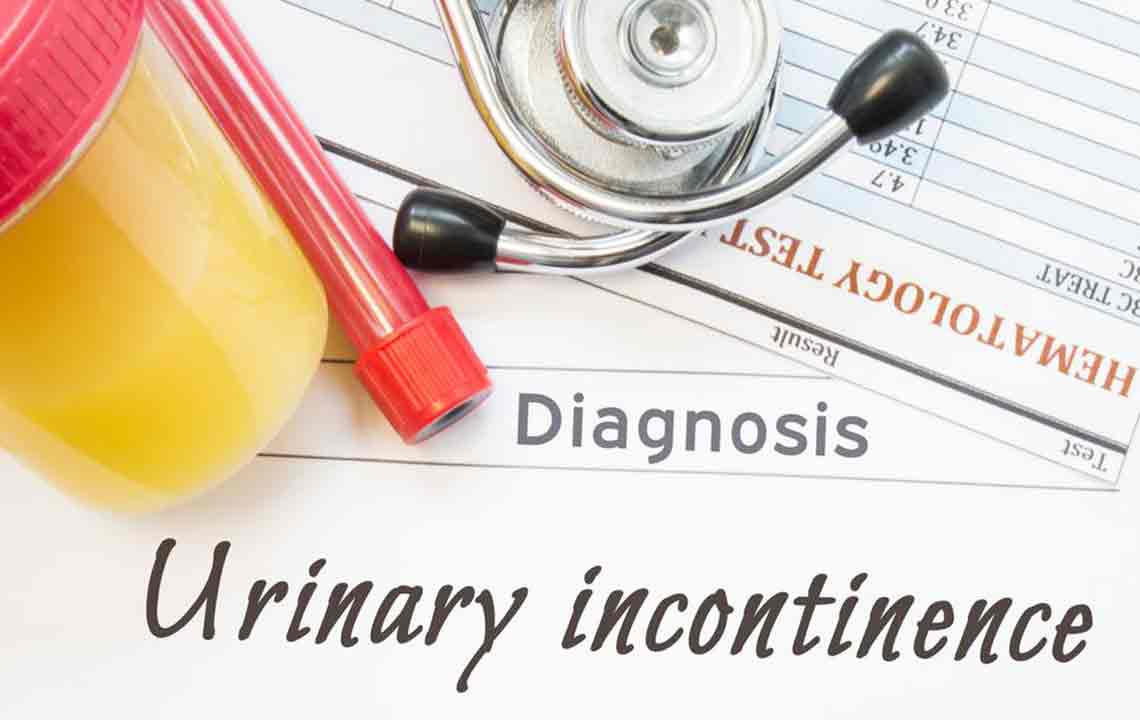Understanding Premature Ejaculation: Causes and Treatment Strategies
Premature ejaculation is common but manageable with medical and natural approaches. This article explores causes like serotonin imbalance and emotional factors, and discusses treatments including medications, exercises, dietary changes, and natural remedies. Consulting a healthcare professional ensures personalized care, helping men improve sexual performance and reduce frustration. Learn about effective strategies to control early ejaculation and enhance intimacy, with insights into medications, exercises, and lifestyle modifications that can make a significant difference.

Understanding Premature Ejaculation: Causes and Treatment Strategies
Premature ejaculation is a prevalent condition among men today, and effective treatments are available, including medications. Consulting a healthcare professional before starting any treatment is crucial. Keep reading to learn about the causes of premature ejaculation and the various treatment options.
What is premature ejaculation?
It’s a condition where a man reaches orgasm faster than desired during intimacy, often leading to dissatisfaction for both partners. Many men feel embarrassed discussing this issue, which can sometimes impact relationships.
Fortunately, premature ejaculation isn’t a lifelong problem. Medications can help manage this condition effectively. Approximately 35-40% of men face this at some point, and isolated instances generally don’t require concern.
Root causes of premature ejaculation
Although the precise cause remains uncertain, there are some theories. Low levels of serotonin in the brain may contribute to early climax. Emotional factors such as relationship issues, depression, stress, guilt, and performance anxiety also play roles. Additionally, men with erectile dysfunction might experience premature ejaculation, and treating this condition can improve overall sexual performance.
When is medical advice necessary?
It's important to consult a healthcare provider if the problem persists. A doctor will assess the frequency of occurrence and ask detailed questions about symptoms and history. Honest communication is essential for accurate diagnosis. Treatment may include exercises and medications tailored to the individual.
Medication options for managing premature ejaculation
While no specific medication directly cures premature ejaculation, certain drugs prescribed for other conditions can be effective. Healthcare professionals often recommend antidepressants, which can delay orgasm but may cause side effects like drowsiness. Tramadol, a pain reliever, can also be used but should be taken with caution due to its addictive potential. Topical anesthetic sprays or creams reduce sensitivity and can be applied before intimacy.
Additional approaches for relief
Besides medication, various strategies can help. Strengthening pelvic muscles through Kegel exercises can improve control. Natural remedies, traditional medicines from Chinese and Indian systems, and dietary modifications are also beneficial.
Role of diet and supplements
Consuming zinc-rich foods such as oysters, nuts, and dark chocolate supports testosterone production and libido, potentially delaying ejaculation. Incorporating foods like yogurt, spinach, kidney beans, soy, garlic, and peas along with prescribed treatment can enhance results. Always consult a healthcare provider before adding supplements or making significant dietary changes.










